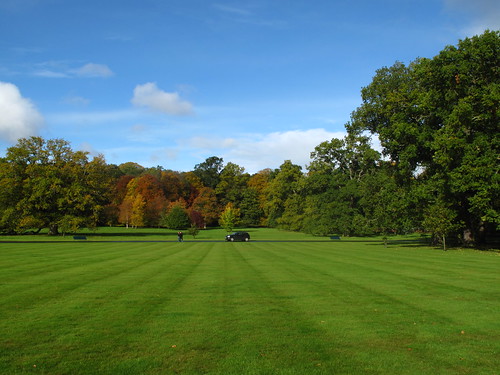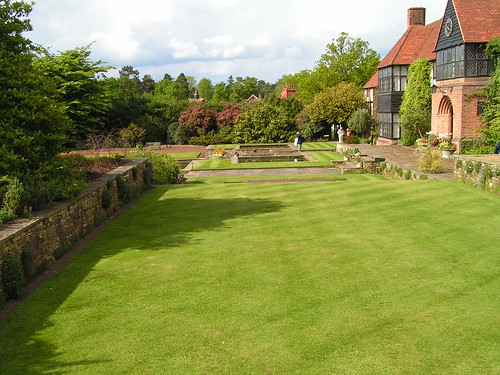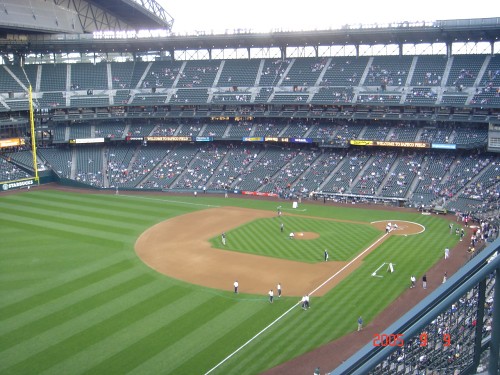I'd like to welcome Anna Hicks who has written an article especially for DIYbyDesign.
Many homeowners have done amazing things to their interior spaces as well as to their outdoor living spaces. Everything from garage steps to patios can be transformed into works of art, all with some basic know-how and patience.
Many homeowners have done amazing things to their interior spaces as well as to their outdoor living spaces. Everything from garage steps to patios can be transformed into works of art, all with some basic know-how and patience.
http://www.flickr.com/photos/davydubbit/5124796142/in/photostream/
But when it comes to the yard--you know, that grassy space that isn't house
and isn't patio--making it a work of art takes weekly attention. A repainted
bedroom is finished in a weekend and needs no repeat work for years. A
well-manicured lawn will need your attention for mowing every six or seven
days, under normal rainfall conditions. And it will need just as much attention
in drought-stricken areas, like the one encompassing hundreds of miles around
Denver right now.
Wally and the Beaver sure had it easy with the old manual lawn mower. They
grabbed it, made a few passes across the lawn, and were ready to go cause
trouble with Eddie Haskell.
Once the 50's ended and everybody got into power mowers, things changed. A
120-pound teenager and a 20-pound tool didn't leave much evidence of their
travels, but the greater weight of a motorized system created tire tracks on
the grass during mowing.
Soon everything from Soldier Field to your neighbor's patch of paradise had
wild, random imprints that were rather unsightly.
http://www.flickr.com/photos/david_wilmot/12963017/
It didn't take long for groundskeeper and homeowner alike to figure there
had to be a better way. The time saved by using a gas-powered mower didn't look
as important when the yard took on the appearance of a tractor proving ground.
Professional sports got on the case first. Before long, simple back and
forth patterns were carefully maintained for football, baseball, soccer, and
the like. Sweeping camera views from high elevation showcased their handiwork.
But the prison-stripe pattern soon fell away after one single grounds crew
somewhere said, "We can do something prettier than this."
Crews began angling the stripes and creating plaid-like patterns.
Before long, complex designs and even team logos were appearing in the
vegetation. And so began the one-upmanship of turf art.
As you and your ball-and-bat crazy kid view these ornate fields on TV, the
thought probably crossed your mind: How
cool would it be if my lawn looked like that?
It would be very cool, indeed...and very difficult. When the Rockies hit the
turf at Coors
Field, they are striding across a surface that takes hours to prepare. From
any angle, the lines are perfectly straight and intersect precisely at 90
degrees.
http://www.flickr.com/photos/kuroda/52043725/
That's the work of experienced people with commercial equipment on a very
flat, very uniform surface. In other words, that's three things you probably don't
have access to.
So maybe you can track down a landscaping maven. Denver lawn care professionals throw in
shrub and tree care and even pest control to their services. In baseball
parlance, they are 3-for-3.
When the DIY project you're into is one that you complete in a few days and
enjoy for hundreds more days, it's reasonable to work your way through the
process yourself. But if the work of art you want to create has to be created
anew 20 or more times a year, you're far better off to let experts handle the
canvas for you.
Thanks Anna.
Have a great weekend.
Thanks Anna.
Have a great weekend.
-Judy





No comments:
Post a Comment